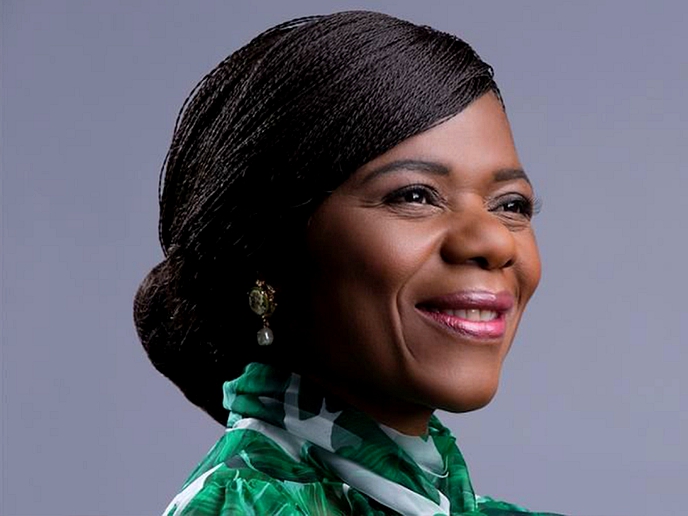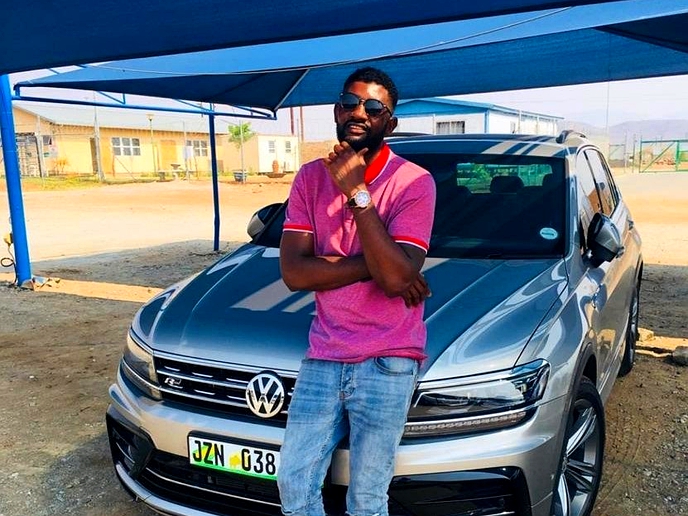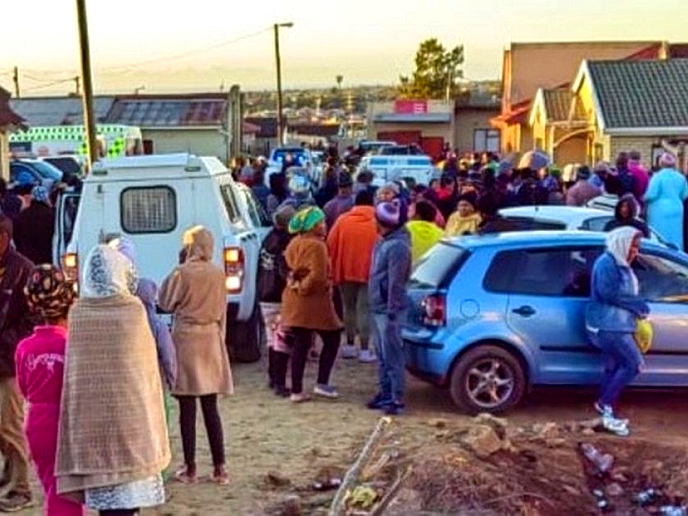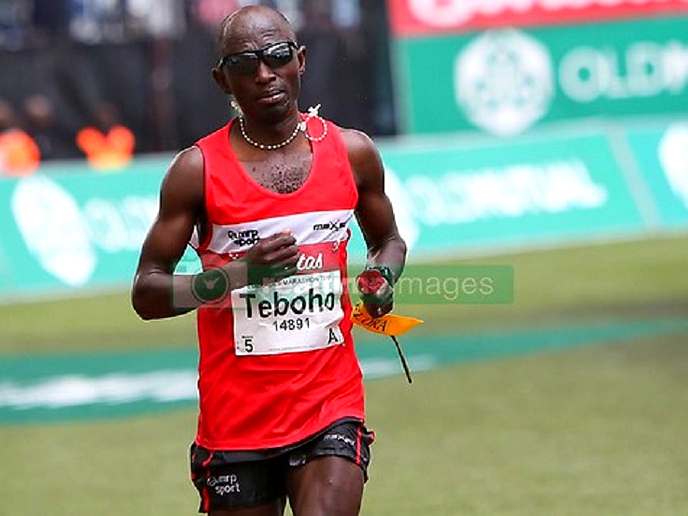JOHANNESBURG – Voters in South Africa will head to the polls on Monday to elect local representatives, with the ruling African National Congress (ANC) facing its stiffest test since the end of apartheid.
africa
Oct. 30, 2021
OWN CORRESPONDENT
5 min read
SA gears up for hotly contested local elections
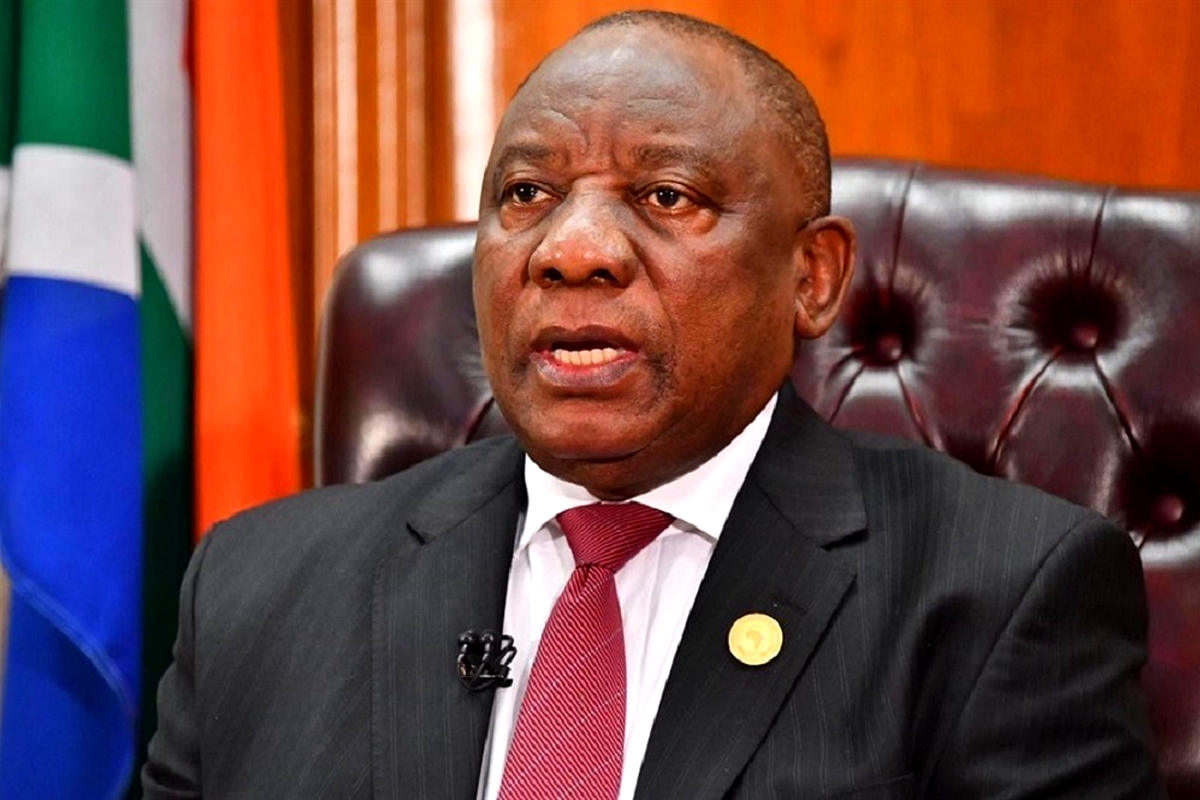
SA President, Cyril Ramaphosa
Story highlights
South Africa’s constitutional court in September ordered the municipal government election be held this year, rejecting a request by the Independent Electoral Commission (IEC) which sought a postponement fearing that the COVID-19 pandemic would make it difficult to organise a free and fair election.
“The ballot will go ahead as per the court judgment notwithstanding the challenges we face in delivering this election,” Glen Mashinini, chairperson of the IEC, told Al Jazeera.
The shortened campaign period of eight weeks has left political parties scrambling to convince a sceptical electorate to back them in an election that will decide who will be tasked with the delivery of basic services such as water and electricity.
The ANC, which has won every general election since the end of white minority rule in 1994 but is mired in corruption scandals and political infighting, has promised to reform itself and renew its offering to the populace.
“We know that some of our councilors have grown distant. Others appear arrogant and unconcerned about the challenges our people face. This comes to an end at this election,” South African President and ANC leader Cyril Ramaphosa told party candidates at the signing of a service delivery pledge in mid-October.
The pledge aims to ensure the governing party’s representatives focus on public service and improve the ANC’s track record in local government.
“Having signed this pledge, it is your bond, your commitment. You must carry it everywhere you go,” Ramaphosa said.
The ANC currently runs 176 of South Africa’s 213 councils, but it is projected to lose votes in many municipalities.
A report from the national Department of Cooperative Governance and Traditional Affairs (Cogta) showed that most of South Africa’s municipalities are facing financial troubles and on the brink of collapse.
“You just need to travel to any municipality currently run by the ANC and you’ll see it is a disaster,” leader of the official opposition Democratic Alliance (DA) John Steenhuisen told Al Jazeera.
“You’ll see people living in grinding poverty without any services, sewage running down the street and electricity that is irregular at best.”
The DA currently runs 24 municipalities, including big centres like Cape Town, Tshwane – home to the capital, Pretoria – and Nelson Mandela Bay, which includes Port Elizabeth.
It is hoping to increase its footprint as smaller parties also battle for votes, leading analysts to speculate that coalition or even minority governments could abound following the poll.
However, despite this being a municipal election, issues that are not related to the local governance, such as COVID-19 vaccine hesitancy and xenophobia, have also been used as campaign tools.
Several parties from across the political spectrum have promised to either prevent COVID-19 vaccine mandates or to deport undocumented immigrants.
“Fake messaging and half-truths is starting to take hold in some corners of the campaign,” Ebrahim Fakir, political analyst at the Auwal Socio-economic Research Institute (ASRI), told Al Jazeera.
“Where incorrect information is being used to whip up emotion and get people to vote based on fears involving national issues that can’t be changed in a local election.”
Religion has also been widely used during campaigning by the majority of parties, an unusual move in South African elections, with ideologically divergent parties promising a return to traditional values and even a reintroduction of religious instruction in schools – another non-local government competency.
Enjoy our daily newsletter from today
Access exclusive newsletters, along with previews of new media releases.
“The South African community is actually a deeply religious one. However, we have not seen this religiosity or religious conservatism actually translating in party politicking that we are beginning to see now,” Professor Farid Esack, religious studies expert at the University of Johannesburg, told Al Jazeera.
Still, economic issues remain the most important for many voters in this election, especially among more than half of the population who live in poverty.
“I have no place to sleep. But here in Johannesburg I realise life is different now because of COVID-19 and the politics. They promised us a lot of things – we must vote but empty promises. There’s nothing they give us, ever,” Zolani Maine, a Johannesburg resident, told Al Jazeera.
And even those who are lucky to have a job in a country where the unemployment rate has exceeded 34 percent are feeling the pinch. Last year, the pandemic-hit economy crashed by 6.4 percent and this year, it is expected to rebound by only 5 percent.
“The situation is getting worse and worse every year,” Minenhle Mhlanga, owner of an electronics store in the Johannesburg inner city, told Al Jazeera.
“It’s like nothing is easy. Business is slow – customers come and go but people are not working and nobody has money these days.”
In spite of the growing desperation and discontent, analysts worry about a low voter turnout.
“It’s critical to economic growth to have basic services provided by local government but many communities have moved on,” said economist Sanisha Packirisamy.
“Where possible people take themselves off the grid and stop relying on services. Communities and businesses do the job because municipalities have failed.” AL JAZEERA
Tailored for you



